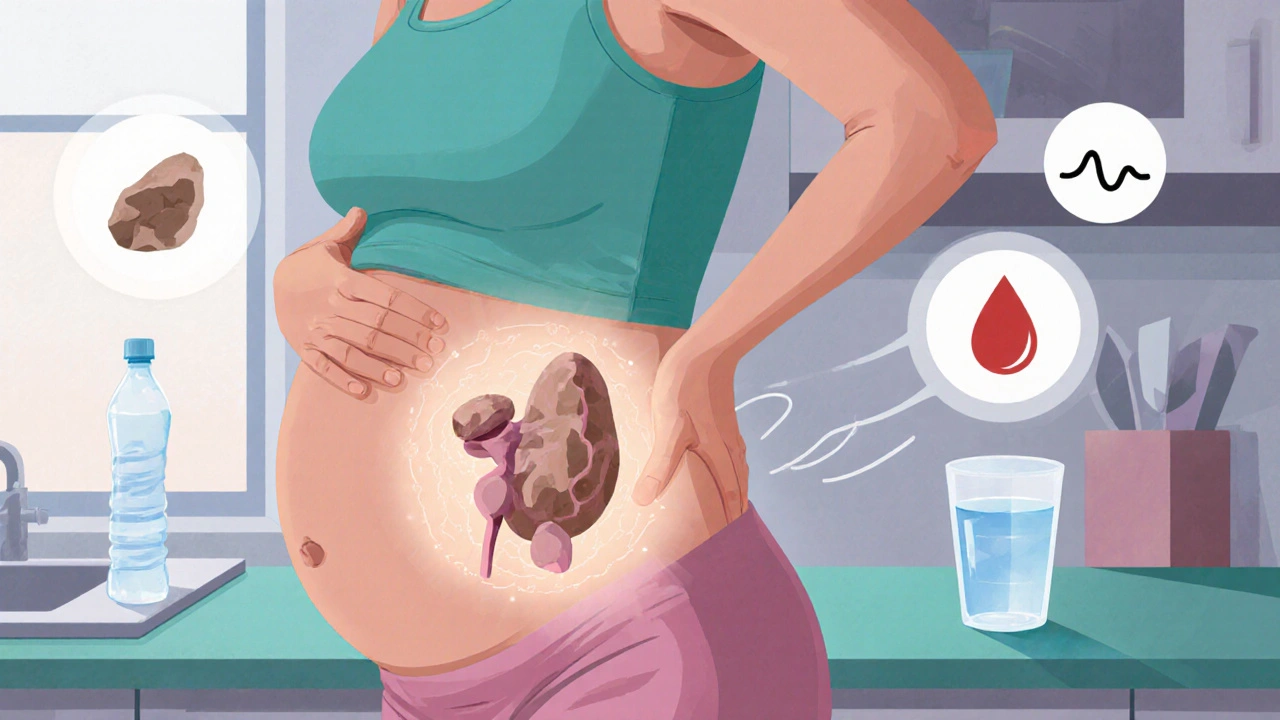Pregnancy Health: Managing Dizziness and Motion Sickness
If you feel dizzy or sick while pregnant, you’re not alone. Hormones, a sensitive inner ear, low blood sugar, and extra blood flow changes can make motion and quick movements worse. The good news: small changes often help right away.
Start with practical fixes. Before a trip, eat a light snack that has protein and complex carbs to keep blood sugar steady. Sip water regularly. Avoid strong smells and heavy greasy foods that trigger nausea. Sit where motion feels least strong — the front seat in a car or over the wing on a plane — and face forward. Look at the horizon, not at a phone or book. Take regular breaks on long drives and get fresh air whenever you can.
Try gentle remedies that many pregnant people find helpful. Ginger in tea, candied ginger, or ginger chews can ease nausea for some. Acupressure wrist bands press a point that may reduce queasiness without drugs. Peppermint candy or a cool cloth on the back of the neck can calm you down quickly. Move slowly when standing up to avoid sudden drops in blood pressure that cause lightheadedness.
At home, improve daily rhythms. Eat small meals more often instead of three big ones. Prioritize sleep and lie on your left side when resting to support blood flow. If you feel faint, sit down and lower your head between your knees or lie flat and raise your feet. Keep a water bottle with you and sip often. If low iron or low blood pressure is likely, your provider can check levels and suggest supplements or adjustments.
Travel and coping tips
For travel, pick times when you feel best during the day. Choose smooth rides, avoid back seats, and use window seats when possible. Wear loose clothing and avoid tight belts. If car motion is the trigger, try focusing on steady objects outside the vehicle. Bring snacks, water, and ginger products. If you’re on a boat, staying in the middle where there is less sway helps.
When to call your provider
Contact your healthcare team if dizziness is severe, sudden, lasts a long time, or comes with fainting, blurred vision, chest pain, bleeding, severe headache, or high fever. Also check in if you vomit frequently or can’t keep fluids down. Your provider can check blood pressure, blood sugar, and iron levels and advise safe treatment options. Some anti-nausea medications and strategies are appropriate in pregnancy, but always ask before taking anything.
Quick checklist: pack ginger snacks, water, easy-to-eat protein, acupressure band, comfortable shoes, a cool compress, and a note with emergency contacts. Stop and rest at first sign of dizziness, and let someone know your plan so you are not alone. Ask for help.
Dealing with dizziness and motion sickness during pregnancy is usually manageable with simple steps and planning. If basic measures don’t help, your care team can pinpoint the cause and offer safe treatments so you can feel better and keep moving safely.
Kidney Stones and Pregnancy: Essential Facts & Safe Management Tips
Learn how to recognize, diagnose, and safely treat kidney stones during pregnancy with hydration tips, safe imaging options, and expert-led management advice.
View moreDizziness caused by motion sickness: How it affects pregnant women
As a pregnant woman myself, I've been experiencing dizziness caused by motion sickness more often than before. It's a common issue among expectant mothers, especially during the first trimester, due to hormonal changes and increased sensitivity to motion. This can make traveling by car, train, or even just moving around the house quite uncomfortable. It's important for pregnant women to find ways to manage this dizziness, such as taking breaks during long trips or using natural remedies like ginger. Remember, it's always best to consult with a healthcare professional if dizziness and motion sickness persist or worsen.
View more

